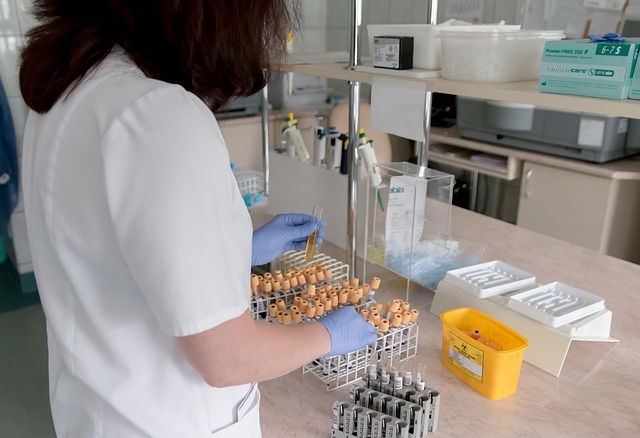
A new study has shown new hope for developing a simple blood test to detect liver disease at early stages.
The research was led by researchers from the University of Copenhagen and the Max Planck Institute of Biochemistry in Germany.
Previously, scientists have found that many people can develop a build-up of fat in the liver when they eat an unhealthy diet.
The disease is called non-alcoholic fatty liver disease (NAFLD). It causes no symptoms initially but can develop into much more serious conditions like end-stage liver cirrhosis.
There are very limited treatment options for end-stage liver cirrhosis. The key to preventing this happens is to detect liver disease early.
To achieve this goal, in the present study, the researchers examined the entire set of proteins present in the blood plasma in NAFLD patients.
They found proteins that accumulate in the plasma of patients with non-symptomatic NAFLD.
In their experiments, the team found that proteins that were altered in the patients’ blood were linked to the disease.
For example, the proteins are linked to vitamin A and D deficiency, or defects in glucose metabolism.
The tam also found six proteins that were strongly linked to early-stage NAFLD.
The researches suggest that the liver is very resilient and capable of regenerating itself. This may be why liver damages due to a high-fat diet can go undetected for a long time.
Nevertheless, liver function eventually starts to fail when damage accumulates.
The findings show that people with NAFLD who do not show symptoms have increased levels of certain protein in their blood.
This may help develop new diagnostic blood tests to identify patients with NAFLD in a much earlier phase.
The study lead author is EMBO Member Matthias Mann of the University of Copenhagen.
The research is published in Molecular Systems Biology.
Copyright © 2019 Knowridge Science Report. All rights reserved.
Further reading: Molecular Systems Biology.



